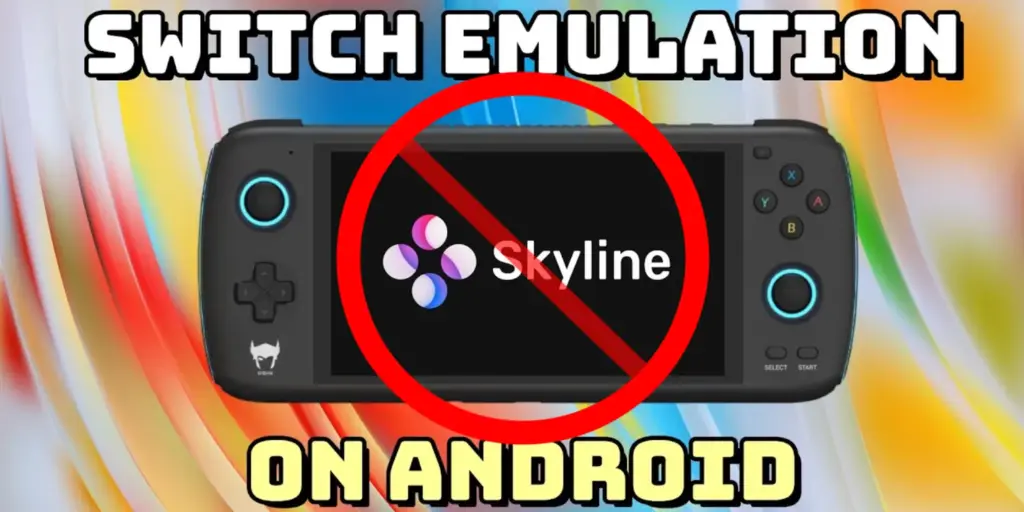In recent news, Nintendo has once again made waves in the gaming community by targeting Gary Bowser, not the iconic character from Mario, but an individual responsible for selling hacked devices for the Nintendo Switch. These devices allowed users to play unauthorized ROMs on their consoles, a direct violation of Nintendo’s policies and copyright protections. The fallout from Bowser’s actions has reverberated through the emulation community, with one casualty being the closure of Skyline, a popular Nintendo Switch emulator for Android devices.

Skyline was among the few Nintendo Switch emulators available, offering users the ability to play Switch games on their smartphones or tablets. Its versatility and compatibility made it a favorite among emulation enthusiasts, providing a glimpse into the potential future of gaming on mobile platforms. However, the recent legal actions against Bowser have cast a shadow over Skyline’s future.
The development team behind Skyline announced via their Discord channel that they would be disbanding the project. The catalyst for this decision was Nintendo’s issuance of a DMCA (Digital Millennium Copyright Act) takedown notice to Lockpick RCM, a tool that allows users to extract cryptographic keys from their Nintendo Switch consoles. These keys are essential for Skyline to function properly, as they enable the emulation of Switch games on non-official hardware.
Although the Skyline team obtained these keys from their own Nintendo Switch units and may have been unaware of any potential legal implications, they have chosen to err on the side of caution. The threat of legal action from Nintendo looms large, prompting the team to cease development rather than risk facing litigation.
The demise of Skyline serves as a stark reminder of the complex legal and ethical considerations surrounding emulation and piracy in the gaming industry. While some argue that emulation preserves gaming history and enables access to older titles on modern platforms, others view it as a threat to intellectual property rights and the financial viability of game developers.
Nintendo’s aggressive stance against piracy is nothing new, with the company frequently taking legal action against individuals and entities that infringe upon its copyrights. The case of Gary Bowser and the subsequent shutdown of Skyline underscore the challenges faced by developers and enthusiasts in navigating the murky waters of emulation.
As the gaming landscape continues to evolve, it is likely that we will see further clashes between companies seeking to protect their intellectual property and those pushing the boundaries of technology and innovation. The fate of Skyline serves as a cautionary tale for anyone involved in the emulation scene, highlighting the need for careful consideration of legal risks and ethical implications.
In the end, while the closure of Skyline may be a setback for fans of Nintendo Switch emulation, it also serves as a reminder of the importance of respecting the rights of content creators and the legal frameworks that govern the gaming industry. As we look to the future, it is essential to find a balance between innovation and responsibility, ensuring that our passion for gaming does not come at the expense of others’ hard work and creativity.
